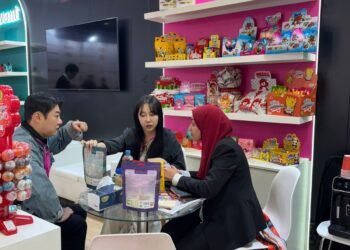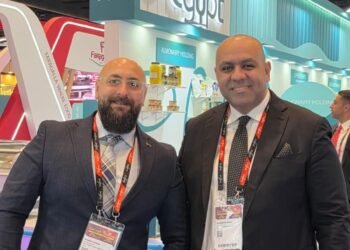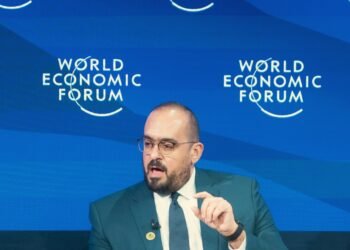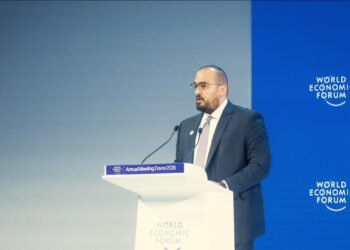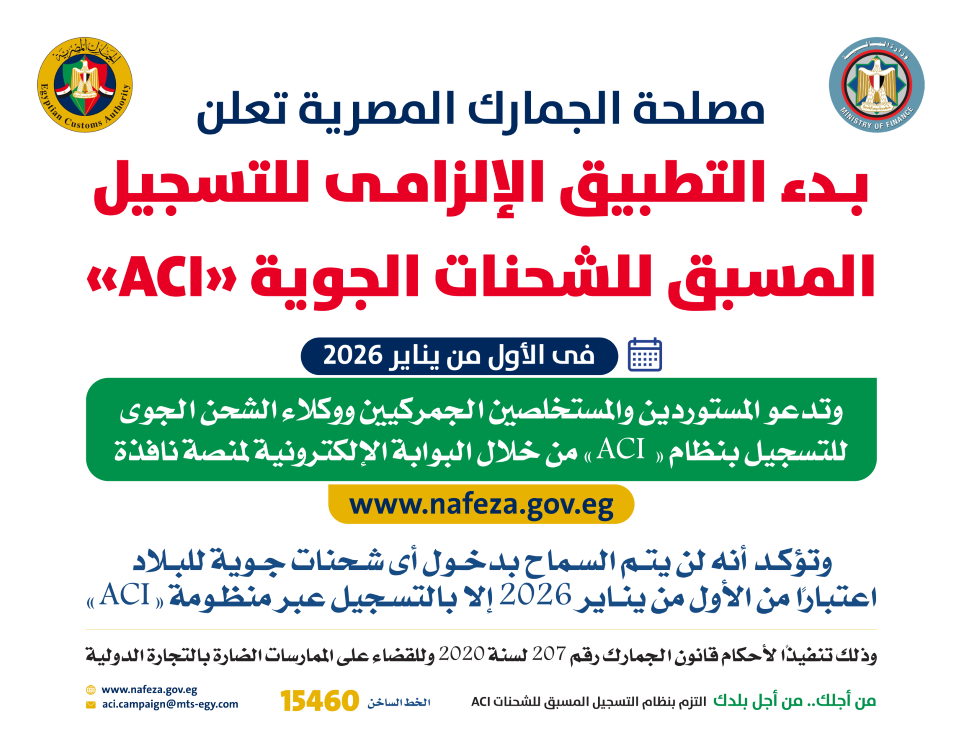Tetra Pak, a global leader in food processing and packaging solutions, and Uniboard, Egypt’s top paperboard producer, have officially inaugurated Egypt’s first used beverage carton recycling facility. The event was attended by H.E Minister of Environment Dr. Yasmine Fouad, senior officials from both companies, and distinguished journalists and media professionals.
With a joint investment of €2.5 million, the recycling facility spans 1,000 square meters and has a capacity to recycle 8,000 tons. The original plan was to reach full capacity within five years, but it is anticipated to exceed this target by 2028.
Dr. Yasmine Fouad, Minister of Environment, emphasized the importance of the partnership between the private sector and the government in achieving sustainable development in Egypt. She highlighted that many private companies have actively contributed to improving recycling processes and reusing materials. She commended the efforts of the private sector and its role in advancing the waste management system, noting that these partnerships are a fundamental pillar for the success of circular economy strategies in the country.
The Minister of Environment stated that the country aims to make the most of available resources by increasing recycling rates. She explained that the developed circular production lines contribute to achieving environmental goals, enhances the country’s ability to collect and recycle waste more efficiently, and helps reduce the environmental impact of waste.
Dr. Yasmine Fouad pointed out the environmental risks resulting from neglecting waste recycling, stating that the accumulation of waste leads to air and water pollution, in addition to greenhouse gas emissions that contribute to climate change. She also noted that the waste sector in Egypt is one of the vital sectors that presents an environmental challenge, requiring concerted efforts to reduce its impacts.
The minister asserted the Egyptian government’s commitment to continuing the development and implementation of environmental policies to provide a healthy and safe environment for citizens. She emphasized that all the efforts made by the ministry aim to improve the quality of life in Egypt by creating new job opportunities, promoting the green economy, and ensuring a balance between economic development and environmental preservation.
From his side, Mr. Håkan Emsgård, Swedish Ambassador to Egypt, noted, “the new production line for recycling Used Beverage Carton represents a very important step for Tetra Pak and Egypt in creating a truly circular economy. Based on the key economic reforms undertaken by the Egyptian government, a significant number of Swedish companies are expanding their activities in Egypt. Tetra Pak is one example of this.
Wael Khoury, Managing Director, Tetra Pak Egypt Area, said: “I’m thrilled to witness the inauguration of Egypt’s first UBC recycling plant in collaboration with Uniboard. This marks a significant step in establishing recycling infrastructure in Egypt. This achievement brings us closer to our circularity goals and helps our customers reach their own ambitious objectives. It will benefit both our customers and the community at large.”
Sherif El Moallem, CEO of Uniboard Egypt, remarked, “At Uniboard, our commitment to sustainability and environmental responsibility has driven our partnership with Tetra Pak. As a leading paperboard producer in the Middle East, we manufacture over 150,000 tons of paper annually, fulfilling more than 70% of Egypt’s local carton demand. Our core mission is to meet the rising demand for cartons sustainably, as they are used in packaging all kinds of products; everywhere in the world”
Uniboard has exceeded its initial objective of collecting 500 tons of used beverage cartons (UBC) within the first year of operation, having already amassed 1,300 tons prior to launching the recycling line. This milestone is a testament to the dedicated efforts of our procurement team, who focus exclusively on UBC collection activation, with direct support from Tetra Pak’s sustainability team. Initially, our plan aimed to reach full capacity within five years, but with our vigorous collection strategies and ecosystem support, this goal is expected to be achieved much sooner.
Over the past 16 months, both companies have established a comprehensive network of collectors from formal and informal sectors, incorporating all waste management companies to enhance UBC collection. Various pilots and studies have been conducted to understand the UBC collection system, set fair pricing, and implement activities to bolster collection efforts. Additionally, the project has utilized research tools with CID to gain insights into used beverage carton collection dynamics and has empowered digital transformation through a pilot project with Environ Adapt using the DWAR app, demonstrating the effectiveness of digital tools and analysis in collection mechanisms.
This recycling plant is a testament to Uniboard and Tetra Pak’s commitment to driving environmental excellence and contributing to a sustainable future. Collaborating with key stakeholders, including public sector, waste management companies, NGOs, and our valued customers, is crucial to make recycling truly effective. Our goal is to form industry coalitions that work together with local authorities to develop and implement effective waste management policies and practices.
Tetra Pak is a world leading food processing and packaging solutions company. Working with our customers and suppliers, we provide access to safe, nutritious food for hundreds of millions of people in more than 160 countries every day.
With over 24,000 employees worldwide, we commit to making food safe and available, everywhere, and we promise to protect what’s good: food, people, and the planet.
More information about Tetra Pak is available at www.tetrapak.com.



